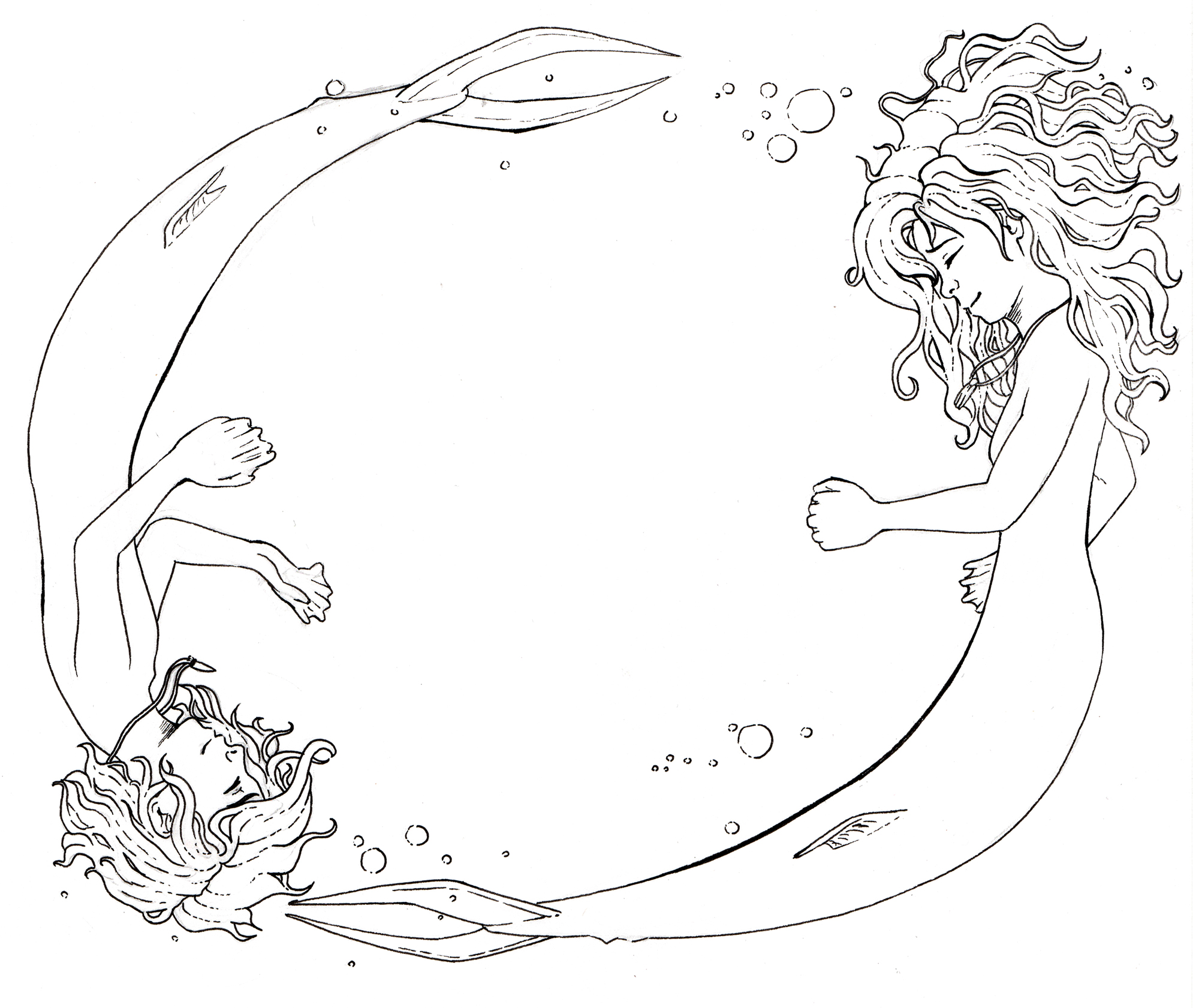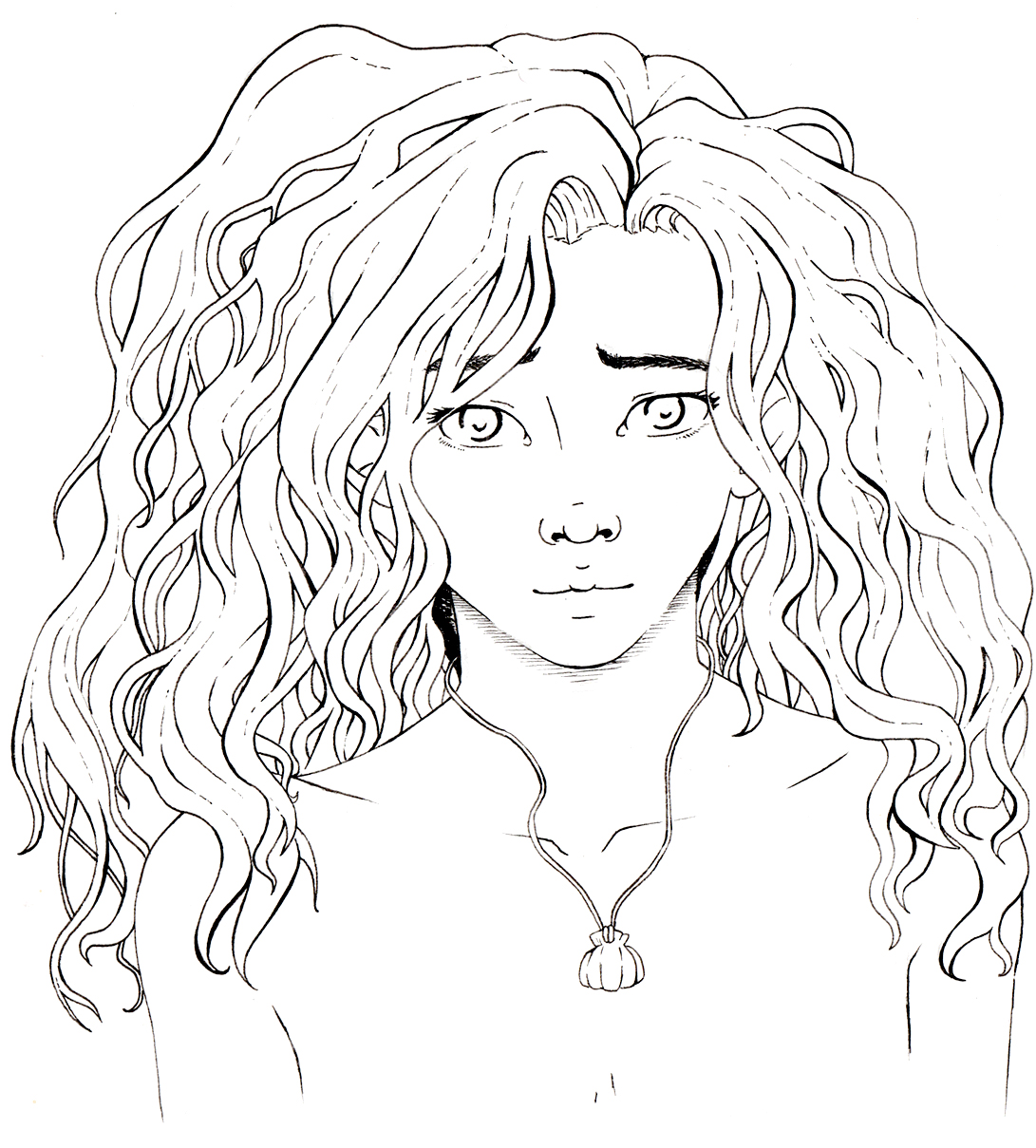“It is nine hundred years since the war between Athens and Atlantis. This is the war which I will now describe.”
Plato
The story of Poseidon’s children
There are merpeople in the oceans, but we never see them. For three thousand years, they have been in hiding – ever since the cataclysmic war between Athens and Atlantis ended in flame and ruin.
But they are still out there, hiding in air-filled caves, listening out for our noisy boats, and coming out at night to pick what they can from the starving seas.
And they have a secret hope. One day, they believe, a mer will dive down into the hidden Labyrinth, and bring the Treasures of Atlantis back into the light. On that day, Andromeda’s Curse will be broken, and peace between mers and netmen will be restored.
But there are many dangers in the ocean… and on land.
“Poseidon’s Children” tells the story of the last young merpeople to live in the seas of Atlantis. “Atlantis Lost” begins their epic voyage, as they leave their home to face the dangers of the ocean, and the nets of men.

Mers
The mers believe they are Poseidon’s Children, just as they believe we humans are the children of Zeus.
How they evolved is unclear, but there is no doubt that they are humanity’s cousins. They are warm-blooded, like us, and breathe air, like us. But they are related to dolphins, too. Their tails are long, strong, and deeply-cut, and they navigate underwater using sonar.
They have two languages. On the surface, they speak a language very like a human one, with many words which may have been borrowed from humans – or taught to them. Under the water, they have a language of clicks and whistles, so they can hold a conversation above or below the waves with equal ease.
They look vrey like humans, at least down to the waist, but there are differences. They have six fingers on each hand, not five: where humans have a single middle finger which is longer and stronger than the rest, mers have two of equal length. They also have a third eyelid which is transparent, but dark. Their eyes have adapted to see deep underwater, so the third eyelid protects them on the surface in daylight.
They do not use fire. They make stone tools, and they do not read and write. Instead, they pass knowledge on from one generation to the next using songs. Homer’s Odyssey talks about the sirens, who have the most beautiful songs in the world. That story is based on mers

Exiles of the sea
The mers believe that they had an empire which spanned the world, three thousand years ago. It was centered on the island Atlantis, a continent-sized landmass fringed with reefs in the middle of the Atlantic Ocean.
According to the mers, and the Greek philosopher Plato, Atlantis fought a war against Athens. At the end of the war, Atlantis was swallowed up by earthquakes and tsunamis. Since then, the merpeople have been in hiding.
They are scattered across the oceans. They live on inaccessible reefs or in hidden caves. When they hear human boats approaching – and their hearing is a hundred times better than ours – they hide.
Still, there is not enough food left in the seas for all of them. That is why, when merchildren reach their twelfth year, their parents leave home, letting the children grow up alone and free in the safe waters of home, while the parents survive out on the open ocean.
When the teenaged mers have grown up enough, they swim out to join their parents once more. Unlike human teenagers, they learn to do without their parents early, and are glad to see them again.
Unless the humans destroy their homes by accident first…

Lifenames
When do young mers know it is time to leave home? When they discover their life-names.
Every mer has a unique life-name. It expresses who they feel they are, and what they want to achieve. Most mers find their life-name when they are seventeen or eighteen. When they find it, they know they are ready to swim out to sea and rejoin their parents.
Most young mers spend hours wondering what their life-name will be. Some know early, at fifteen or sixteen. Others come to it late. Once they have the life-name, they carry it for life, and only a few mers ever change.
None of the young mers in the Poseidon’s Children series has a life-name when the stories begin. That, and so much else, is something they will discover as they swim…